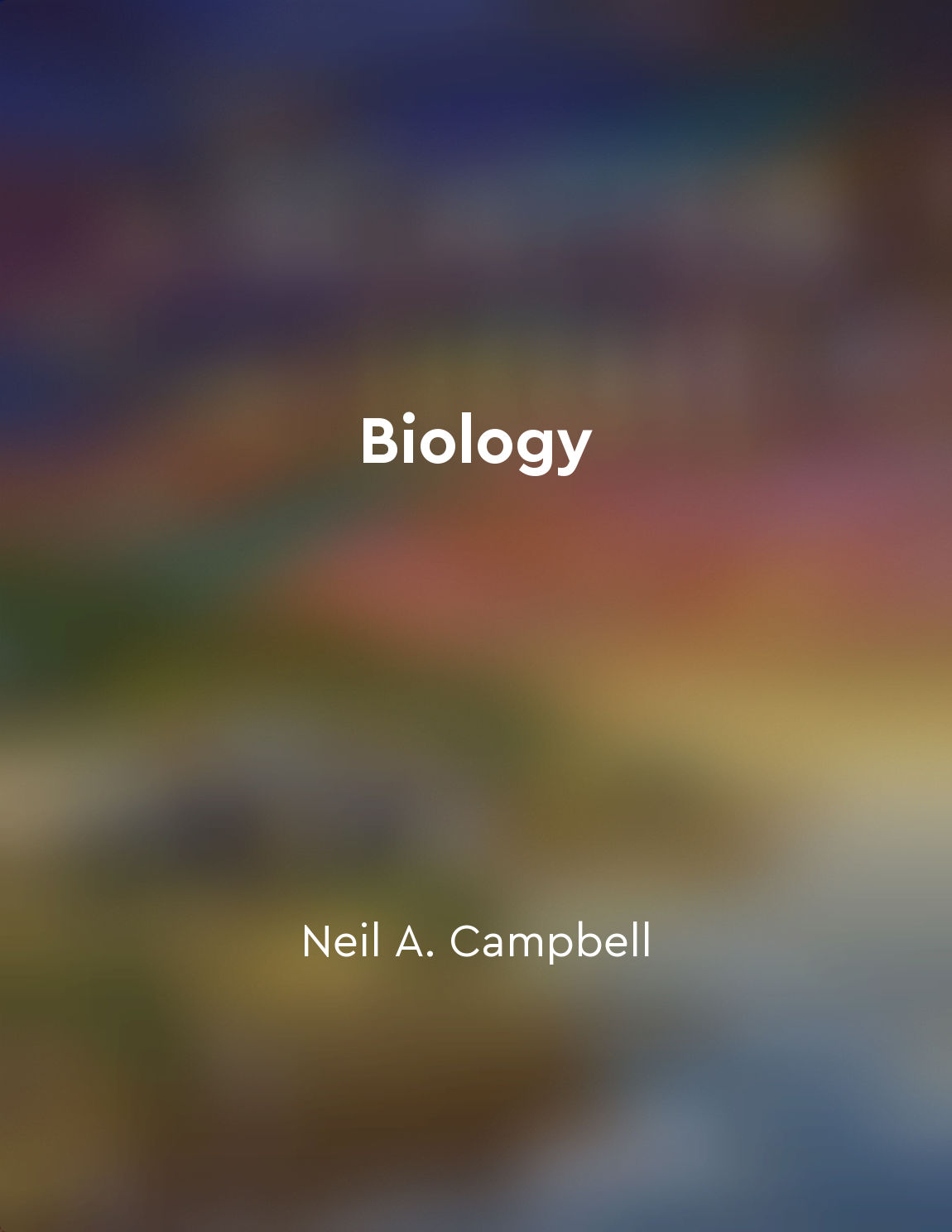Redox reactions involve the transfer of electrons from "summary" of NCERT Chemistry Class 11 - [CBSE Board] by Dr. S. C. Rastogi, ,Er. Meera Goyal
In redox reactions, there is a transfer of electrons from one substance to another. This transfer of electrons leads to the formation of positively and negatively charged species. The substance that loses electrons is said to be oxidized, while the substance that gains electrons is said to be reduced. This is where the term "redox" comes from, which is short for reduction-oxidation reactions. During a redox reaction, there is always a reducing agent and an oxidizing agent involved. The reducing agent is the substance that donates electrons, while the oxidizing agent is the substance that accepts electrons. This transfer of electrons allows for the formation of new compounds with different chemical properties than the reactants. The movement of electrons from one substance to another is crucial in redox reactions because it results in the conversion of chemical energy into electrical energy. This is why redox reactions are important in various biological processes, such as cellular respiration, where energy is produced by the transfer of electrons between molecules. Understanding the concept of electron transfer in redox reactions is essential in chemistry as it helps explain the behavior of substances and the changes that occur during a chemical reaction. By studying redox reactions, we can gain insights into how substances interact with each other and how energy is transferred in chemical systems. This knowledge is fundamental in various fields, including medicine, environmental science, and materials science.Similar Posts

The immune system is crucial for overall health
The immune system is like an invisible shield that protects us from harm. It is our body's defense against invaders such as vir...

Empathy bridges gaps between people
Empathy, that elusive quality that allows us to understand and share the feelings of others, plays a crucial role in bridging t...
Life originated in oceans
In the deep past, conditions on Earth were very different from what they are today. The planet was a seething, turbulent place,...
Elements have unique properties
Each element on the periodic table has its own special set of characteristics, quirks, and behaviors that make it truly unique....
Vibrational and rotational spectra analysis
The analysis of vibrational and rotational spectra plays a crucial role in understanding the behavior of molecules. In the real...

Population ecology
Population ecology is the study of populations in relation to their environment, including environmental influences on populati...
Gibbs free energy determines whether a reaction is spontaneous
The Gibbs free energy is a crucial concept in determining whether a reaction is spontaneous or not. When we talk about spontane...
States of matter depend on the arrangement and motion of particles
The states of matter, whether it's solid, liquid, or gas, are determined by how the particles are arranged and how they move. I...
